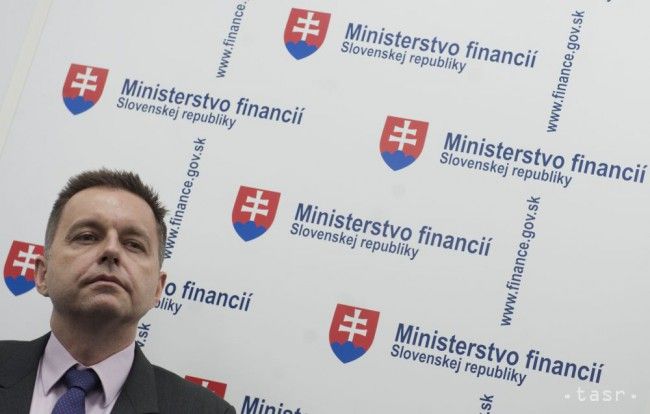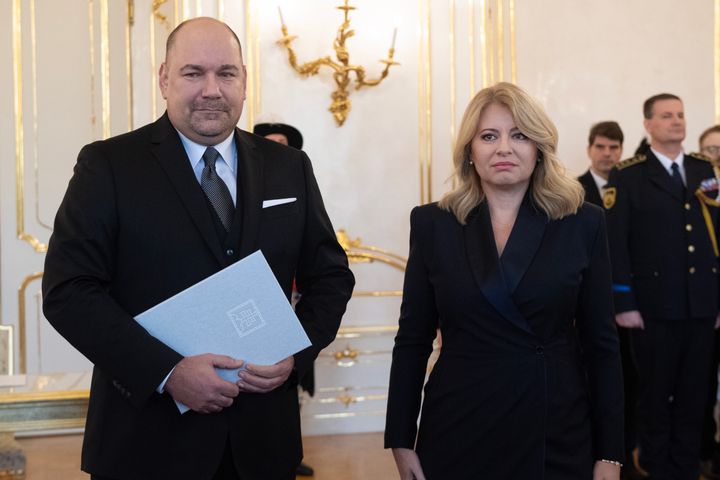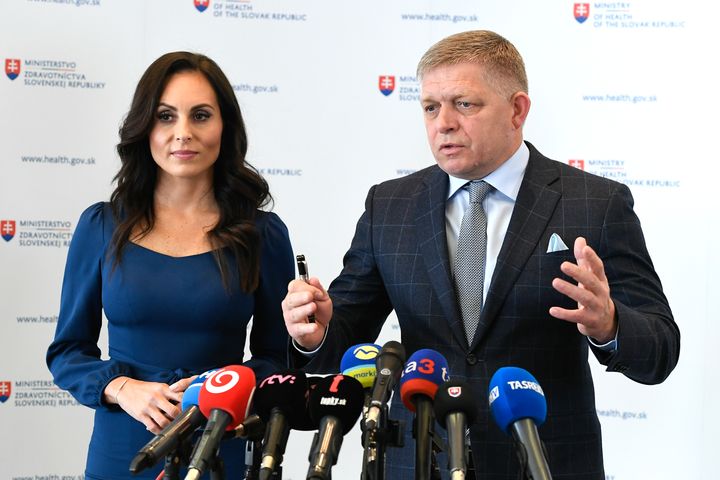Finance Ministry Cuts Forecast for Tax and Levy Revenues up to 2020

Bratislava, June 29 (TASR) – The state is expected to collect less in taxes and payroll levies over the next couple of years – by €242 million this year, by €231 million next year, by €200 million in 2019 and by €169 million in 2020, according to the latest prognosis that the Finance Ministry’s Financial Policy Institute (IFP) released on Thursday.
“The latest forecast has been heavily impacted mainly by an unforeseen drop in income tax payable by businesses that has emanated from processed tax declarations and from tax payments thus far for last year,” said IFP head Lucia Sramkova.
A total of 140,000 companies, or some 60 percent of the total number, filed their tax declarations up to 16 June. “There’s a great deal of uncertainty concerning corporate tax in the latest prognosis due to the high number of taxpayers that have deferred their tax filings and that we have no information about concerning the amount of tax that they should pay,” she added.
Meanwhile, the root cause of the lower amount of corporate tax revenues resides in lower reported taxable incomes in tandem with several one-off positive effects in 2015 that skewed the prognosis for 2016. A number of companies have also offset their losses from previous years, which worked to cut their latest tax bills.
On the flip side, favourable macroeconomic developments, particularly on the jobs market and in domestic demand, augur well for tax revenues.
The amount of VAT that is expected to be collected has stayed put from the previous forecast. In addition, a larger working population means higher amounts of social and health levies.
Notwithstanding the worsened expectations, the mainstays of the Slovak economy remain robust, said Finance Minister Peter Kazimir.
“The macroeconomic prognosis that indicates sound GDP growth and records on the labour market holds good. The amounts of all kinds of taxes and levies collected apart from corporate tax is increasing,” he said.
The previous forecast was influenced by ‘phantom’ profits of businesses for 2015, which even put IFP’s analysts on the wrong track, he said. “The analysts probably set little store by the one-off character of the tax in 2015, which was largely thanks to an extreme absorption of remaining EU funds and a correction last year,” said the minister.
At any rate, only the prognosis in September will be key, he said. “We still don’t know just how much tax 40 percent of companies will pay. In view of this, the forecast due in September will be much more solid and will give us a realistic picture,” he stated.



